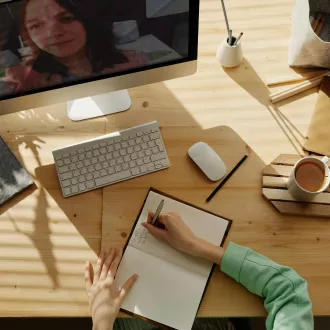ByOnlinecourses55

Introduction effective study techniques study techniques - study techniques
Studying effectively is essential for academic success. Here are several study techniques that will help you optimize your time and improve your performance.
The practice of review consists of reviewing study material repeatedly. This helps to strengthen your memory and ensure that information is retained for the long term. Instead of studying everything at once, it is better to spread out the study over time.
Recall practice involves bringing back information without looking at notes or the book. This can be done using practice tests or flashcards. Actively recalling significantly improves retention of information.
Spacing out refers to spreading out study over several days or weeks, rather than concentrating it in a single session. This allows the brain to make deeper connections and retain information longer. An example of a spaced study plan might be:
The PQ4R method is an active approach to study that improves comprehension and memorization. The stages are:
The Feynman Technique consists of explaining a concept in simple terms, as if you were teaching it to someone else. This helps to identify areas of confusion and to better understand the topic.
The Leitner System is a flash card study technique. The flashcards are organized in different boxes according to how often they need to be studied. Cards with correct answers are moved to the next box, while incorrect ones remain in the first box.
It's tempting to leave studying to the last minute, but it's not effective for long-term learning. Planning ahead and studying regularly is the best strategy.
Having a study plan with clear objectives will help you stay focused and spread out your studying in a balanced way. Procrastinating is a common mistake, so it is crucial to set a schedule and stick to it.
You don't have to study alone. Seeking help from professors, tutors or peers can make it easier to understand the material. Forming study groups can also be very beneficial.
Everyone has a different learning style. Experiment with various techniques to find the one that works best for you. Some people prefer outlines, some prefer flashcards, and others need to explain the material to someone else.
The brain needs rest to process information. Taking regular breaks during study helps improve retention and maintain concentration.
The study environment is important. Find a quiet place with good lighting and free of distractions. Having all the necessary materials on hand is also critical.
Studying can be exhausting, so it's important to reward yourself for the effort. This can be something simple like taking a break, eating something you enjoy, or doing an activity you enjoy after an intense study session.